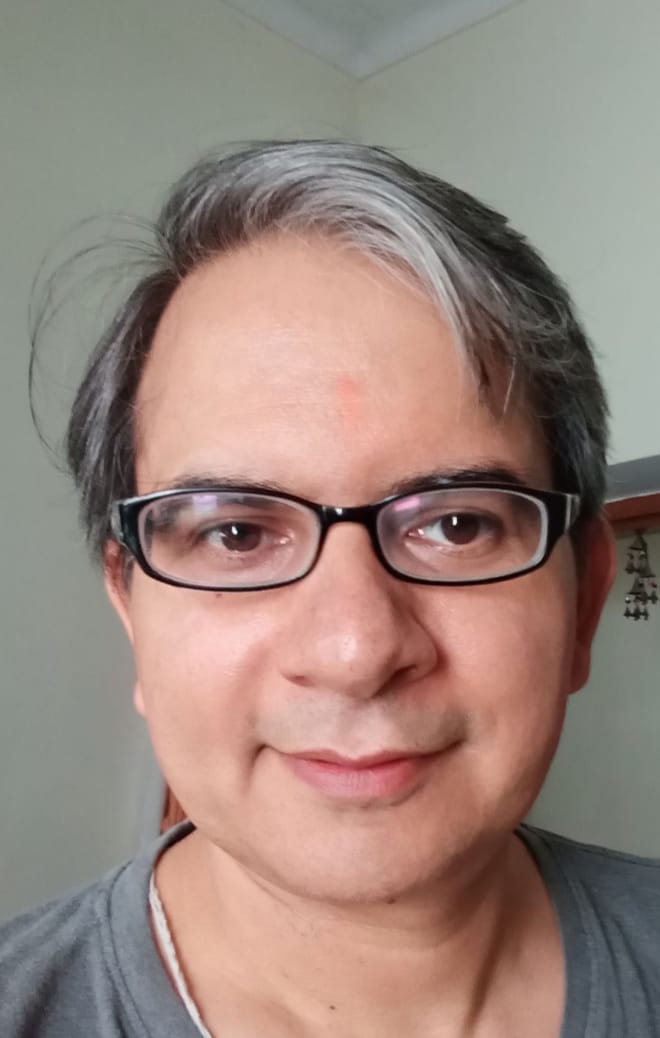SC bats for comprehensive sex education for healthy attitudes towards sexuality, relationships
In its judgment holding storing, downloading and watching sexually explicit content involving children as an offence, a bench of Chief Justice of India D Y Chandrachud and Justice J B Pardiwala said such programmes also teach youth about the importance of consent and the legal implications of sexual activities, helping them understand the severe consequences of viewing and distributing child pornography.
